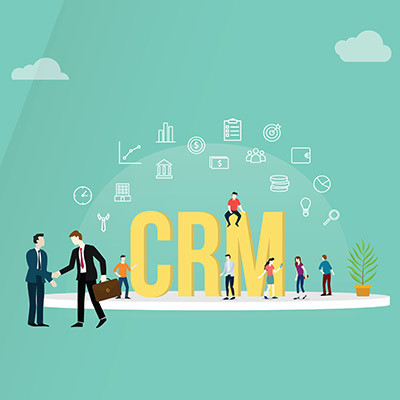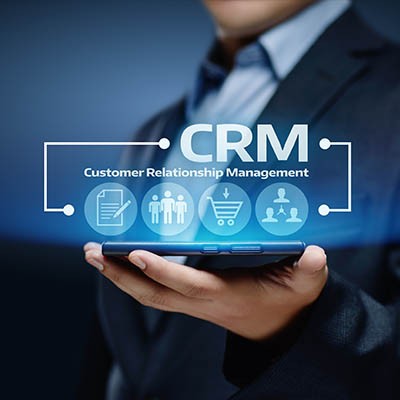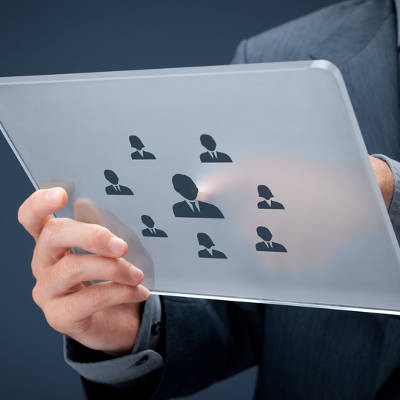There are a lot of businesses that depend on their Customer Relationship Management (CRM) platform. It’s not just used to manage their customer relationships, it also helps with production, invoicing, operations, human resources, and more. Today, we’ll take a look at the CRM and see how strategic use of this platform can help build your business.
PCSOFT Blog
Properly managing and maintaining a relationship with clients, customers, and contacts is a critical part of any business, especially if the business in question is actively working to grow. This is what makes a customer relationship management system, or CRM, so useful. Let’s review a few of the signs that your business needs a CRM to stay organized.
At first glance, a customer relationship management (CRM) solution and an enterprise resource planning (ERP) solution might seem quite similar. They are both ways to help you get the most out of what you have using technology solutions, but they have specific uses in a business environment.
Customer Relationship Management (CRM)
Simply put, a CRM is designed to provide businesses with a way to seamlessly communicate with and manage both current and prospective clients. CRM solutions are often used to automate certain operations and generally make the sales process much easier and more efficient. Here are some of the major ways a CRM can help a business:
- Better customer communications
- Organization for your sales teams
- Revenue creation
- Ability to target potential customers
- Customer loyalty and satisfaction
Ultimately, a CRM is designed to keep your business’ customers engaged with your brand or product. This helps to retain and improve sales figures, all while helping you build and maintain relationships with clients. It’s the ideal way to manage operations, onboard new clients, and push them through your sales process.
Enterprise Resource Planning (ERP)
In direct contrast to the customer-side of the business model, the enterprise resource planning solution looks internally to better manage operations and internal data. It’s a one-stop resource for sharing data----all of which represents the different parts of your business. Typically used in manufacturing, the ERP presents quite a few options to manage the supply chain as well as internal business operations. The ERP can provide the following benefits to a business:
- Provide resources to employees for the purposes of planning and collaborating
- Streamline internal processes with seamless access to important data and resources
- Improve collaboration and visibility of important internal functions
In short, an ERP can be thought of as the central nervous system of your business. It provides near-constant access to information and resources that are required for streamlining internal operations, making it crucial for the success of any organization.
Perhaps now you can see where the fine line starts to blur. Both of these solutions have very specific functions not entirely related to each other. Ultimately, an ERP looks at what you currently have and hopes to improve profitability through a closer and more refined approach to resource management. On the other hand, a CRM looks at how you can improve profitability from your consumer base and increase profits on a quantitative level.
Does your business need software solutions like these to augment operations and improve efficiency? PCSOFT can help. To learn more, reach out to us at 02 98730080.



